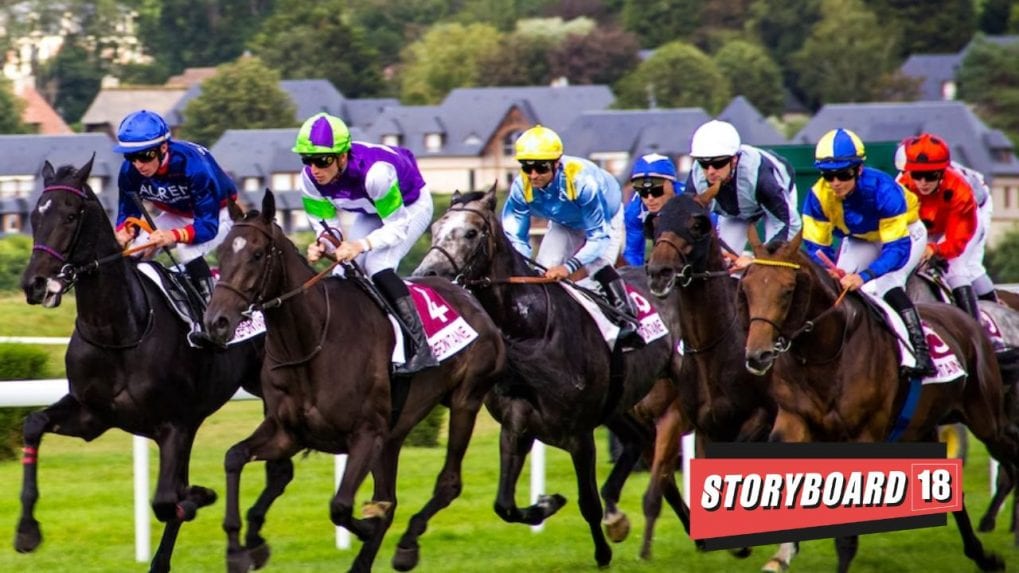Sting emerges as fastest growing brand for PepsiCo India
PepsiCo's energy drink Sting has emerged as the dominant brand within the company, surpassing other long standing brands such as Pepsi cola and Mountain Dew.
ADVERTISEMENT
PepsiCo's energy drink Sting has emerged as the dominant brand within the company, surpassing other long standing brands such as Pepsi cola and Mountain Dew.
Sting was introduced to the Indian market in 2017 by the FMCG firm.
George Kovoor, Senior VP-Beverages at PepsiCo India, stated that Sting's growth trajectory has been more rapid and robust than any other soft drink brand launched in India over the past three decades, as reported by the Economic Times.
According to market research consultancy Euromonitor International, the energy drinks category experienced a 12.6 percent growth in total value between 2021 and 2022, reaching Rs 16,488.6 million last year. This growth marked an increase of nearly 35 percent compared to 2020. In terms of volume, the category reached approximately 33.5 million liters in 2022, up from 30.4 million liters in 2021 and 26 million liters in 2020.
Industry observers attribute this growth to the massification of energy drinks, facilitated by cola giants making them available in PET bottles and employing an affordable pricing strategy.
The launch of Sting in PET bottles at Rs 20 has propelled PepsiCo's leading bottler, Varun Beverages, to make significant progress in this segment over the past 2-3 years.
The energy drink market has now become segmented into three sub-segments: the mass market segment in PET bottles, the mid-price segment primarily in cans and the premium segment in cans. Red Bull, for instance, operates within the premium segment.
It is to be noted that PepsiCo's decision to re-enter the energy drinks market in India in 2017 came shortly after the country's food regulator, the Food Safety and Standards Authority of India (FSSAI), set limits for caffeine content in energy drinks at a maximum of 300mg per litre on December 14, 2016.
India is among the few countries that regulate energy drinks, as product category regulation is not common in countries like the US.

